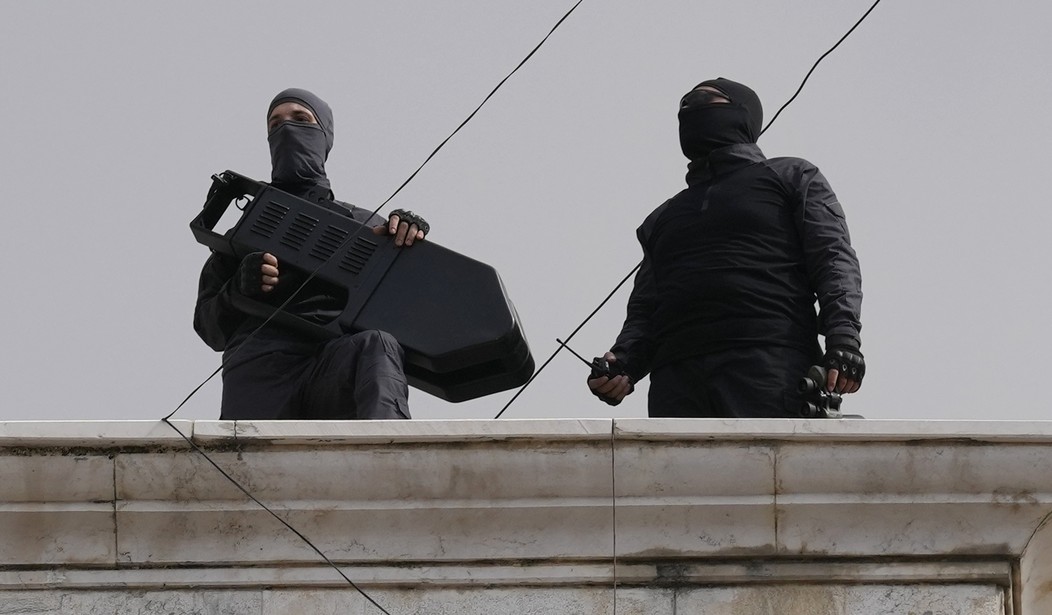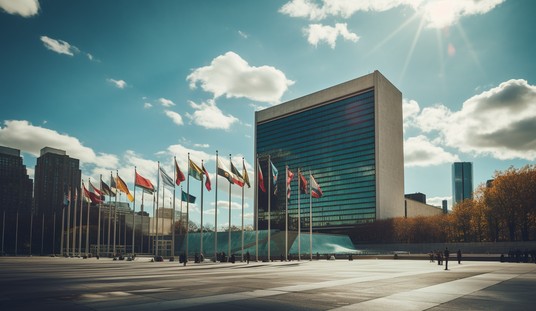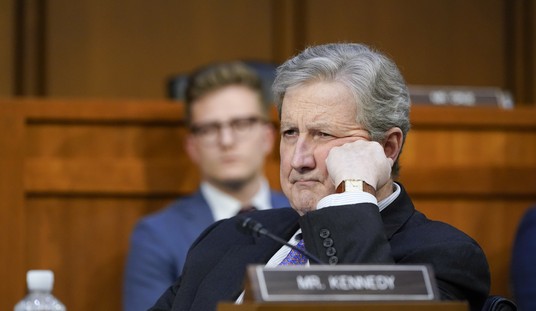Israel’s government finds itself in a tight spot, grappling with security threats coming from Hezbollah in Lebanon while preparing a massive ground offensive against Hamas in the Gaza Strip. It is one of many issues Israel is dealing with after Hamas attacked on October 7.
According to recent reports, there is pressure on the Israel Defense Forces (IDF) to ramp up military operations against Hezbollah, which has engaged in skirmishes with Israel throughout the duration of the war with Hamas. However, the United States and other countries have tried to persuade Israel to focus primarily on its conflict with Hamas instead of opening up a two-front war.
The Israeli government is coming under growing pressure from security establishment hawks to launch a pre-emptive strike on Hezbollah in Lebanon – but is facing strong opposition from the US, which fears a two-front war would risk igniting a major regional conflict.
Since Israel struck back at Gaza after the Hamas attack on 7 October, the Lebanese-based Islamist militia group has repeatedly fired on Israeli settlements, leading to an Israeli evacuation of the northern border, including the town of Kiryat Shmona. The threat of a major Hezbollah offensive led to calls from hawks for a strike at its sizeable arsenal of missiles.
“We want to focus on the Gaza arena, and to finish the job there. On the other hand, we are getting a lot of pressure from the Israeli population in the north,” a senior Israeli security official told the Observer. “People are saying, we cannot live on the northern border, with Hezbollah less than 100 metres from us and that can cross the line in a few minutes and slaughter us.”
The Israeli government faces quite a conundrum. On one hand, those living near the northern border fear becoming targeted by Hezbollah, which has repeatedly indicated that it might escalate hostilities in the region. The concern is not unfounded given the history between Israel and Hezbollah.
However, on the other side of the coin, there are concerns that ramping up operations against the terrorist group could unleash a more widespread regional conflict that could draw in Iran, which has backed Hezbollah since the terrorist group was founded. While visiting Israel, President Joe Biden attempted to talk Israel off the ledge.
But President Biden used his time in Tel Aviv on Wednesday and visits by top US defence officials in the days before, to urge the Israeli leadership not to risk such a pre-emptive strike on the Iran-backed militia, the New York Times reported, and prime minister Benjamin Netanyahu ultimately cooled on the idea.
British prime minister Rishi Sunak has also been touring the region, seeking to prevent the conflict spreading.
“The overwhelming view I got from everyone I spoke to was that we need to do everything possible to stop a contagion of conflict in the region,” he said.
Meanwhile, Israeli forces are massed along the Gaza border, preparing for a ground offensive against Hamas. The IDF has pummeled the region with airstrikes since Hamas’ October 7 attack. The ground incursion was expected to occur last week, but there has been a delay that many attribute to concerns over the disposition of Israeli hostages held by Hamas in Gaza.
If Israel does decide to launch a pre-emptive attack on Hezbollah, it could risk stretching the IDF’s forces, which could make it harder to protect Israeli citizens. "We have the capability. We have one eye open and we know they are trying to split our force,” an Israeli official told The Guardian.
Israel will have to tread carefully in this geopolitical minefield. Not addressing the Hezbollah problem risks putting Israeli civilians in harm’s way if the terrorist group decides to up the ante. However, there are clear consequences that could arise if Israel does follow through with attacking Hezbollah. At this point, it is uncertain which path Israel will choose. But there is a chance that Hezbollah might end up forcing the IDF’s hand anyway.













Join the conversation as a VIP Member